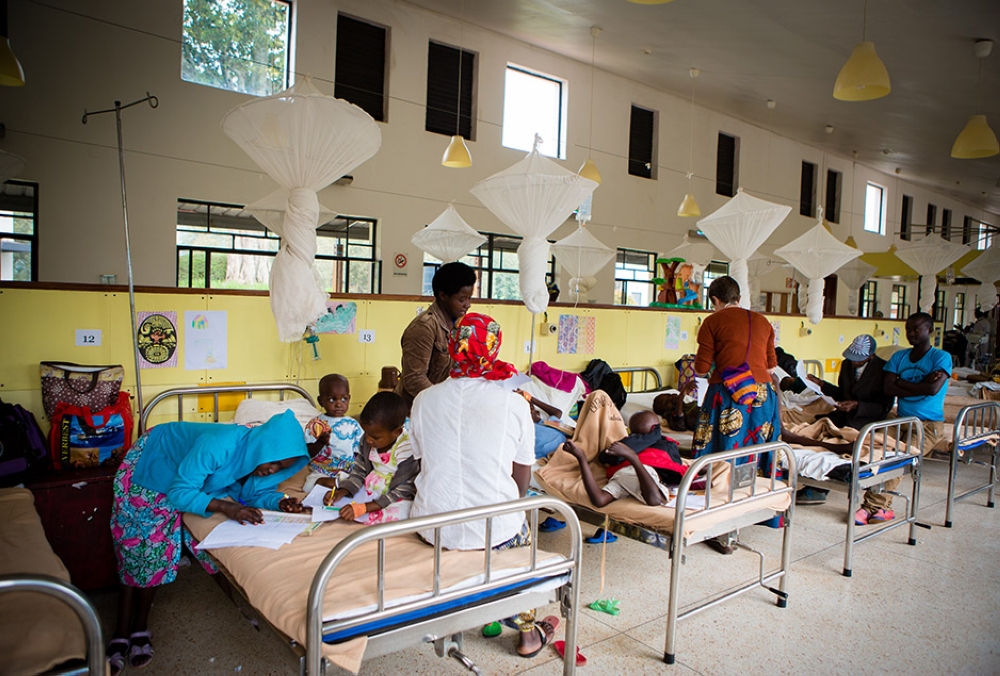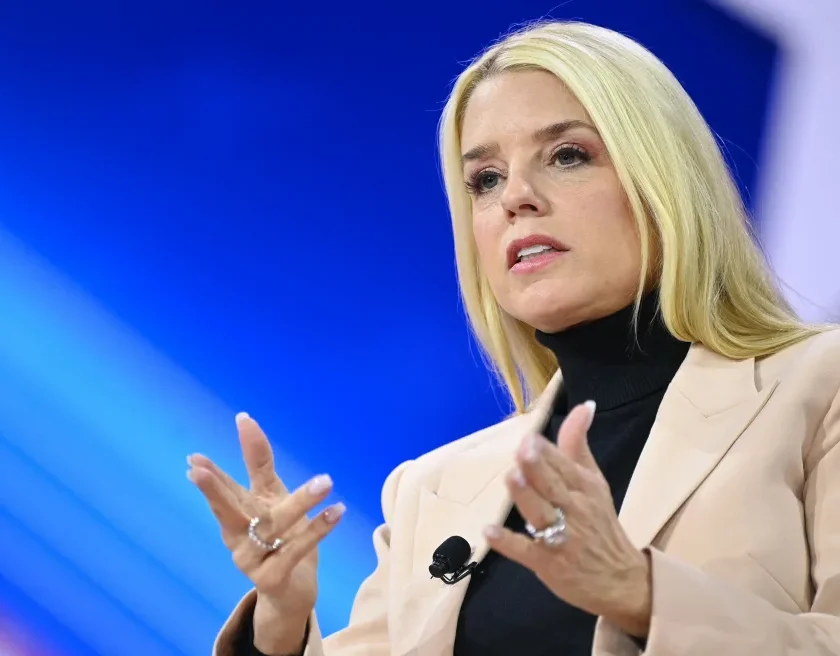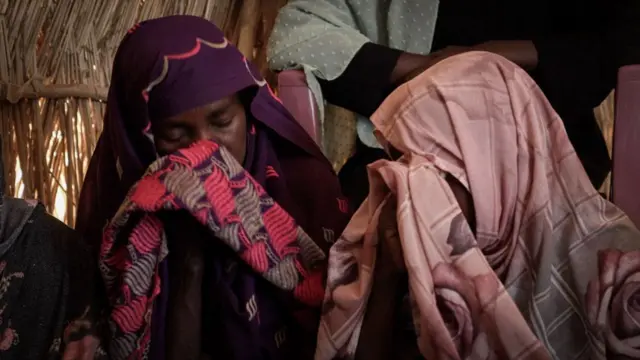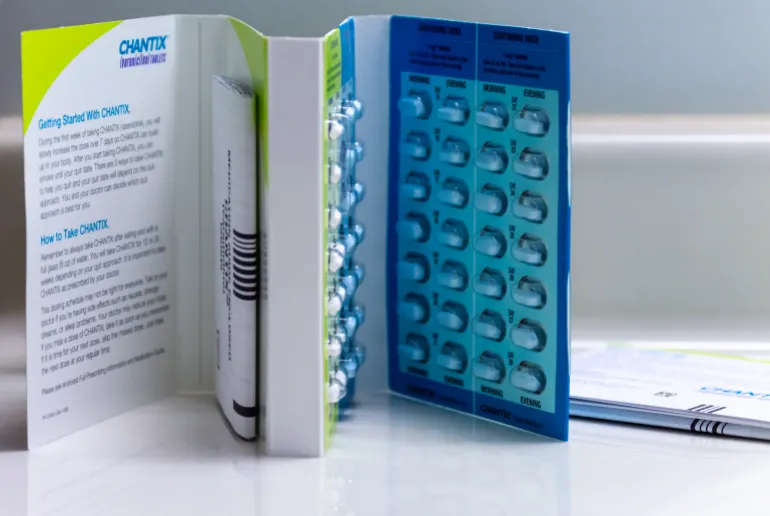With the establishment of the Rwanda Cancer Centre (RCC), in Kigali, as well as Butaro Cancer Centre of Excellence, Rwanda has made significant progress putting in place cancer treatment and pain management modalities in the past few years.
Cancer treatment can also be accessed in different referral hospitals countrywide. More than 1,400 cancer patients have been treated at the RCC while the Butaro Cancer Center of Excellence, hosted at Butaro Hospital, in Burera District, Northern Province, has treated more than 14,000 patients from Rwanda and across the continent.
With diagnosis improving in recent years, Rwanda finds itself at the crossroads, registering a worrisome number of cancer cases. Official figures show that at least 6,000 cases are diagnosed annually, the majority of them late, resulting in fatalities. Health experts note that cancer is a complex disease that requires one or a combination of treatments, as well as infrastructure, qualified healthcare providers, and an efficient system to ensure that patients have timely access to quality care.
The Government continues to put in place policies and measures to improve access to care but the availability of anti-cancer medicines in cancer-treating hospitals remains largely unaffordable for ordinary citizens.
If all goes according to plan, the Government wants to include specialised medical services including cancer treatment and kidney transplants in the community-based health insurance scheme (CBHI) commonly known as Mutuelle de Santé, starting from 2025.
Before specialized medical services are added into CBHI, however, cancer patients will still have to fork out a considerable amount of money to complement the services insurance companies or Mutuelle de Santé pays for, which remains a huge challenge especially for people lacking sufficient money to afford cancer treatment. Despite health insurances covering some of the elements of cancer care, a substantial proportion of patients on anti-cancer treatment in Rwanda experience major financial challenges.
Lessen load for the government
Experts say there is a need for new health financing to support what the government is doing to ensure accessible and affordable cancer care and to minimise the burden for the government.
They also underscore the need for policymakers to develop strategies to reduce the financial burden of cancer treatment and ensure equitable access to health insurance.
According to Dr Theoneste Maniragaba, the Director of the Cancer Programme at Rwanda Biomedical Centre (RBC) and a clinician at RCC, the country has made commendable progress in cancer treatment over the past decade but several gaps remain.
“As a doctor practicing over the past 10 years, I know the Government of Rwanda has been putting much effort in making sure that all services are available, starting with what Partners in Health was doing,” Maniragaba said.
“Today, we have Rwanda Cancer Centre and other hospitals which are offering cancer treatment. The issue now remains on coverage, especially in regard to private insurances.”
Maniragaba pointed out that when it comes to patient support, insurance companies are reluctant to cover everything mainly because the treatment is expensive, which is why they, perhaps, don’t pay for all services.
“Of course, we understand these are business people,” the oncologist said of insurance, adding that with Mutuelle de Santé they started by supporting some modalities of treatment like surgery, but not all.
Maniragaba observed that with some NCDs, community insurance is able to pay for the check-ups except for cancer. “For cancer, the check-up has not yet been put on the package till now, but community insurance does support on radiotherapy treatment through cost sharing, which is still expensive for an ordinary person. Let me give you an example. If you are to treat someone with cervical or prostate cancer, you will find that a patient has to pay a contribution of 10 percent, which can come to Rwf300, 000 or Rwf400, 000.
“That is still expensive for many people,” Maniragaba said, adding that it is a challenge that requires the intervention of all stakeholders, so that the government doesn’t feel the pinch of the cost all alone.
Some insurance companies like Old Mutual (former UAP insurance), cover a wide range of all treatment modalities of cancer but not many people are covered by the insurance. You get what you paid for.
According to Dr Alexandre Nzubahimana, the Senior Claims Analyst in charge of medical at Old Mutual, the insurance pays for all cancer treatments, depending on the stage of the cancer.
“Old Mutual covers all types of prescribed treatment; surgery, radiotherapy, chemotherapy, hormone therapy, targeted therapy, and palliative treatment,” he said, adding, however, that they consider client eligibility and benefit limit and that depends on what package the client purchased.
“In addition to treatment, Old Mutual also covers any diagnostic modality of diagnosing cancer. From blood testing, biopsy up to imaging including PET scan though this last is done outside Rwanda,” Nzubahimana said.
“Treatment is also done in steps depending on severity. Surgery then chemotherapy and more. Each step we cover for it. Someone can get surgery then monthly follow-up on chemotherapy or radiotherapy.”
Early diagnosis can help mitigate cost challenges
Old Mutual also offers royalty programmes to its clients such as the wellness, health talks and screening for different types of cancers starting with the most prevalent ones. Nzubahimana, however, admitted that cancer is not just a burden to patients alone but a serious challenge for insurance companies also, given the cost of treatment.
“There is a rise in cases of cancers which goes with the rise of cost. I don’t have an exact amount of yearly expenditure on cancers, however one case cost between Rwf3 million to Rwf7 million,” Ndahimana said, adding that the cost also goes with cancer stage.
“Early stages are less costly,” he said, reiterating that early diagnosis can help mitigate the challenges related to financial stress in cancer treatment.
But comprehensive packages are only afforded by few individuals and corporate organisations.
Today, cancer patients like Jacqueline Musoni, have to find ways to cater for their part of the hospital bill. The mother of six, a resident of Nyarugunga Sector in Kigali, knows all too well the rigours of cancer treatment, even though Mutuelle de Santé paid for most services. It is a financially draining disease, she noted.






